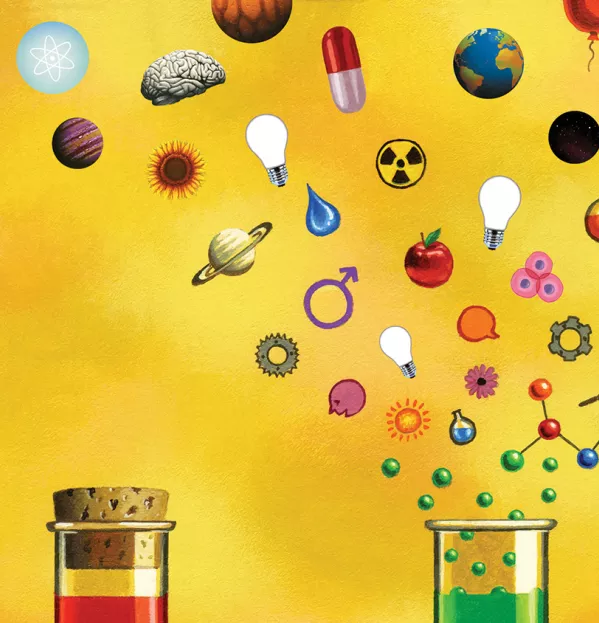This month is special for me: it marks my fiftieth anniversary of science teaching in schools and universities. One thing I’m sure of is that practical work remains the critical but often underrated part of science learning. As a nation, we are relatively well provided for with lab facilities and technical support, so what can we learn from high-performing countries when it comes to the quantity and quality of practical science offered to our young people?
Practical science is important for learning, not just because doing experiments is a good way to learn scientific ideas and theories. It engages students to follow science further, on academic or technical routes. It gives them practical skills and attitudes that will be valuable in their future careers. This is well understood, even taken for granted, in places such as Singapore or Finland. It is why the Gatsby Foundation, a long-time champion of the importance of good practical science, asked me to undertake an international review of how practical science is delivered in some of the world’s best-performing countries.
Valued by all
I visited six nations in all: Australia (Victoria), Finland, Germany, the Netherlands, Singapore and the US (Massachusetts). A clear pattern quickly emerged: in each of these high-performing territories, practical science was alive and flourishing; valued highly by professional scientists and teachers; and, most importantly, valued by students. In short, where science education is good, practical science is good - well-planned, frequent and varied.
Inevitably, during my visits, I was taken to some hugely impressive places of learning and innovation. The research and project spaces of the Raffles Institution, Singapore, are more reminiscent of a high-spec university facility than a school. However, it was more common to see labs and facilities similar to those you’d find in many schools in England. Time and again, I was struck by how familiar the set-up and facilities appeared. The differences between what I saw abroad and what we tend to do here are not about the available labs and equipment - the differences are all about approach, attitude and priority.
Back in 2014, again for the Gatsby Foundation, using a similar model of international visits and review of existing research, I developed a series of eight benchmarks for schools to deliver good career guidance. With practical science, this has stretched to 10. However, reaching the standard of any of these hinges on the head of science having the freedom to prioritise time and effort for practical science; the key to success is empowering them to get on with it.
Take Benchmark 4, for example: “Frequent and varied practical science.” From what we have seen, I judge that students should experience a practical activity in at least half of their science lessons. These activities can be short or long, but should be varied in type. Often a short, intriguing experiment can be a great trigger for discussion of scientific theories.
An empowered head of science should be allowed to get on with setting the agenda for how science education is to be enriched with varied and interesting practicals; deciding whether they should be short and straightforward or more complex; and planning them across a number of lessons.
Expert teachers
I hope my benchmarks for good practical science provide a pragmatic framework with the flexibility to make them relevant for all schools. My study suggests that, with a written policy encouraging practical science in place, the best place to start if you want to achieve high-quality practical science is having expert teachers with subject-specialist training and sufficient technical support.
Curriculum pressures mean that it can feel like an impossible ask to prioritise practical science in the way that most heads of science would like to. As such, the government should review accountability measures against those of other nations to assess how teachers could be given more autonomy and freedom to innovate in the way they teach, particularly in the case of practical science.
Experiments are the essence of science and the appeal of practical science is the reason many scientists, technicians and engineers chose the career path they did. In a nation suffering a skills shortage - one that Brexit is only likely to make worse - we cannot afford to ignore the benefits of high-quality practical science in our schools.
Sir John Holman is emeritus professor in chemistry at the University of York and president of the Royal Society of Chemistry

